Uber has quietly begun piloting in-app video recording for its drivers in India, a move aimed at deterring misconduct in a market where most drivers do not use dashcams. The tool, which was first rolled out in phases in May, is now live in 10 cities across India, including Delhi, Mumbai, Bengaluru, and Chennai.
According to Uber, the in-app video recording feature is designed to provide drivers with a safeguard against false complaints and misconduct from riders. The company has confirmed that the pilot is part of its efforts to improve the safety and security of its drivers, who often face harassment and intimidation from passengers. In an interview, Uber officials stated that the company is committed to supporting its drivers and providing them with the tools they need to operate safely and securely.
The pilot has been met with a mixed response from drivers, with some expressing gratitude for the added protection and others questioning whether Uber would back them in cases involving riders. Drivers in the DelhiNCR region, where the pilot was first launched, reported that they sometimes face misconduct from riders, including being threatened with false complaints about their behavior. In some cases, female passengers have even demanded that drivers follow routes that are not shown on the map, and have threatened to file false complaints if they refuse.
According to data from the Indian government, there were over 1.3 million registered taxi drivers in India in 2022, with the majority operating in urban areas. The Indian ride-hailing market is projected to grow to $12.5 billion by 2025, with Uber and Ola dominating the market. However, the growth of the industry has also raised concerns about driver safety and security, with many drivers reporting instances of harassment and intimidation from passengers.
Uber's decision to pilot in-app video recording for its drivers in India is a significant development in the company's efforts to improve driver safety and security. The move is also a response to growing concerns about driver safety in the Indian market, where many drivers do not use dashcams or other safety equipment. By providing drivers with a safeguard against false complaints and misconduct, Uber is taking a proactive approach to addressing these concerns and improving the overall safety and security of its drivers.
Looking ahead, the success of Uber's pilot program will be closely watched by industry observers and regulators. If the program is successful, it could set a precedent for other ride-hailing companies to follow suit and provide similar safety features for their drivers. However, the program also raises questions about the role of technology in improving driver safety and security, and whether it can be an effective substitute for more traditional safety measures such as dashcams and emergency buttons.
In conclusion, Uber's pilot program to provide in-app video recording for its drivers in India is a significant development in the company's efforts to improve driver safety and security. While the program has been met with a mixed response from drivers, it has the potential to set a precedent for other ride-hailing companies to follow suit and provide similar safety features for their drivers. As the Indian ride-hailing market continues to grow, it will be closely watched by industry observers and regulators to see how Uber's pilot program evolves and whether it can be an effective solution to the safety and security concerns faced by drivers.



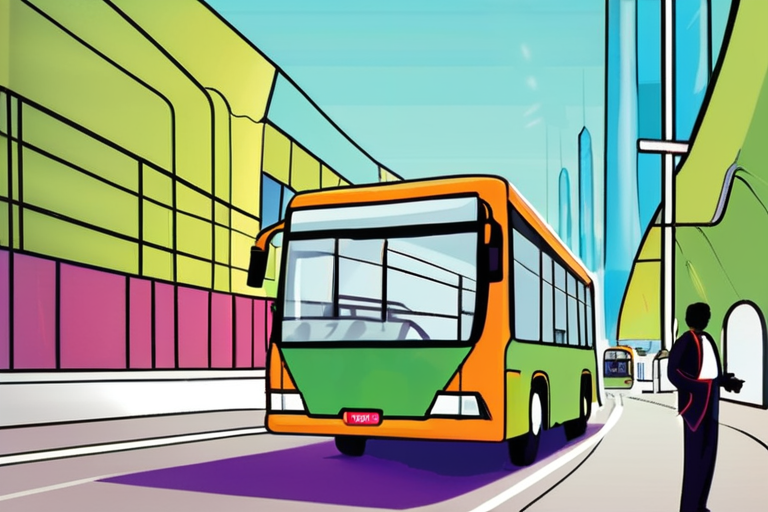

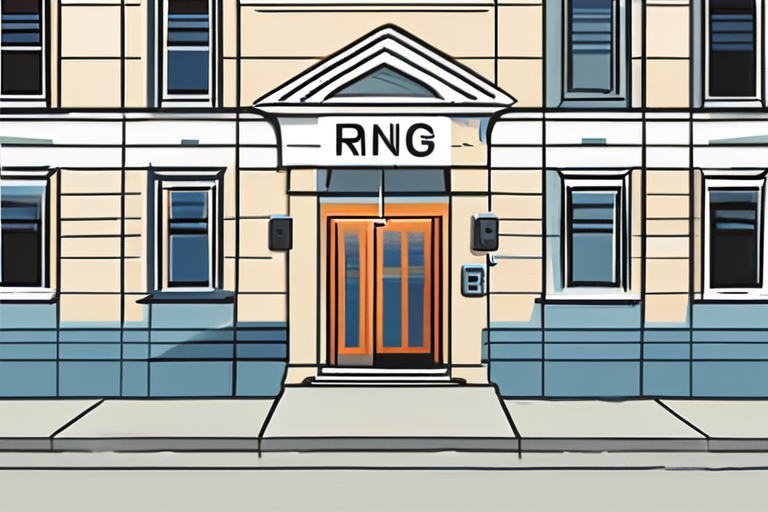
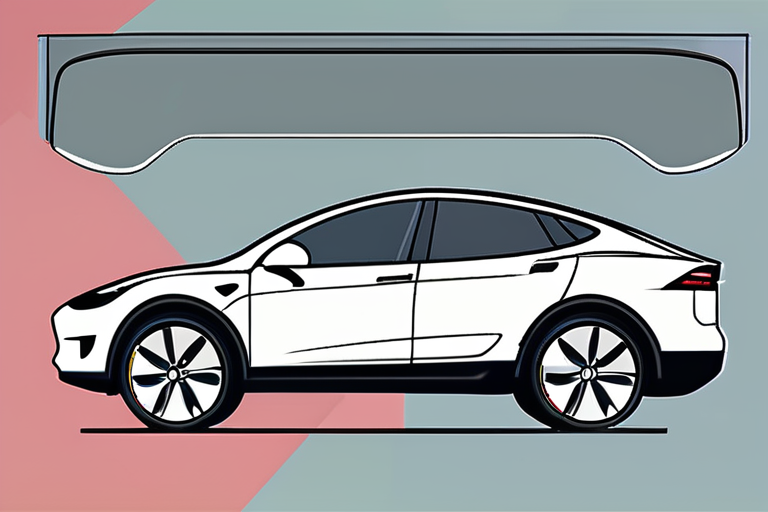



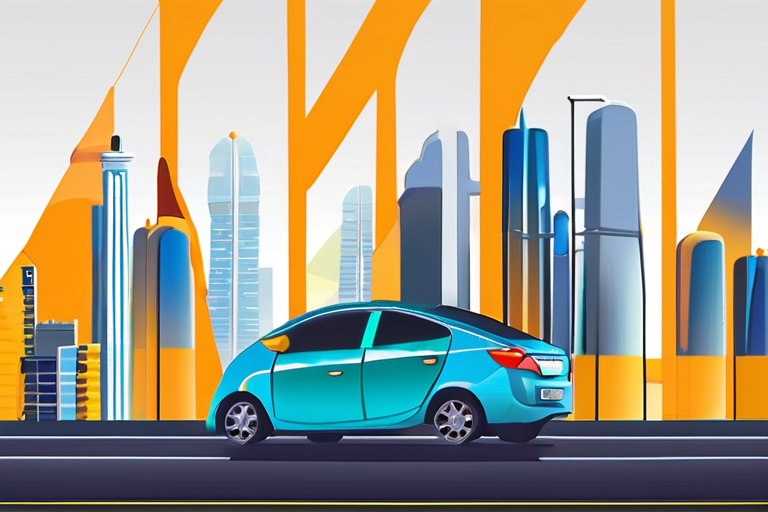


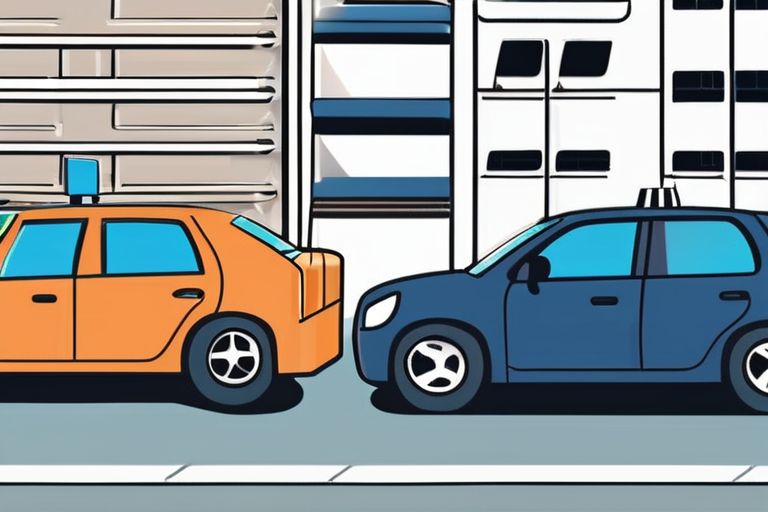

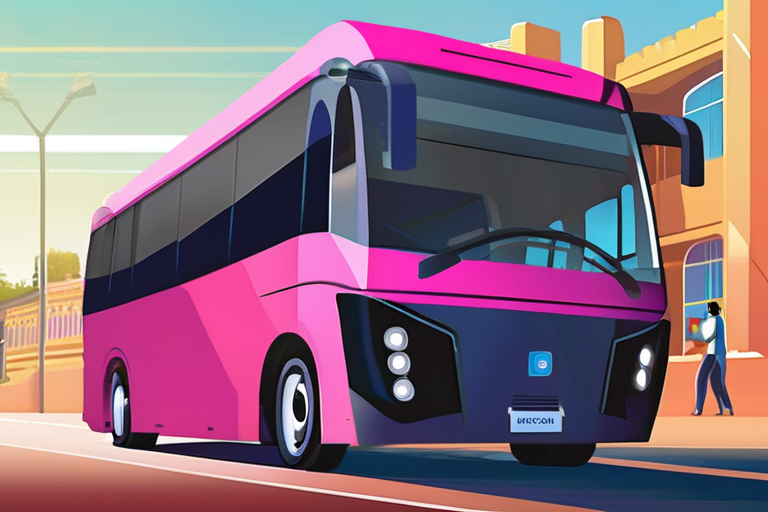
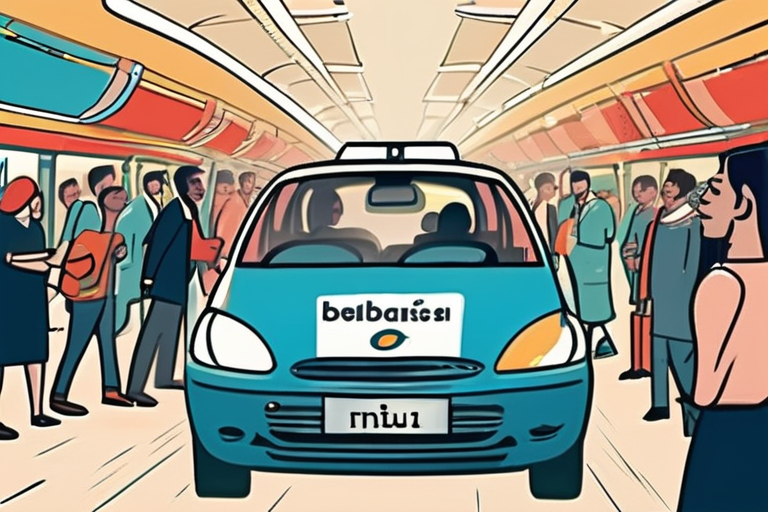


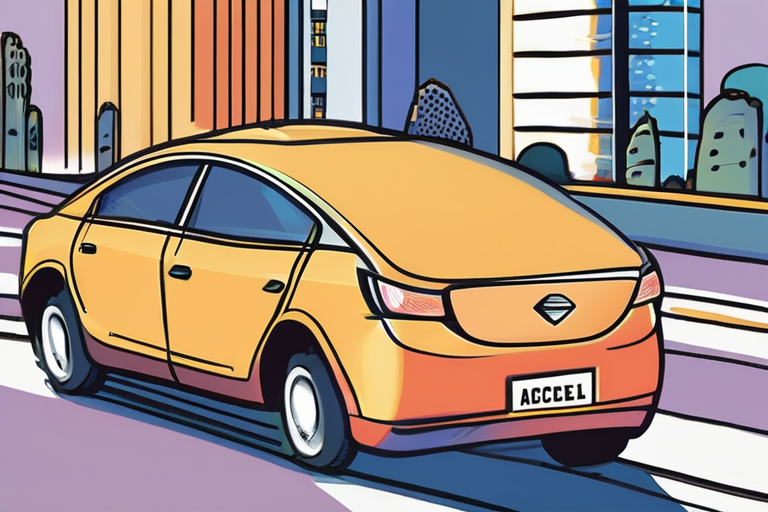
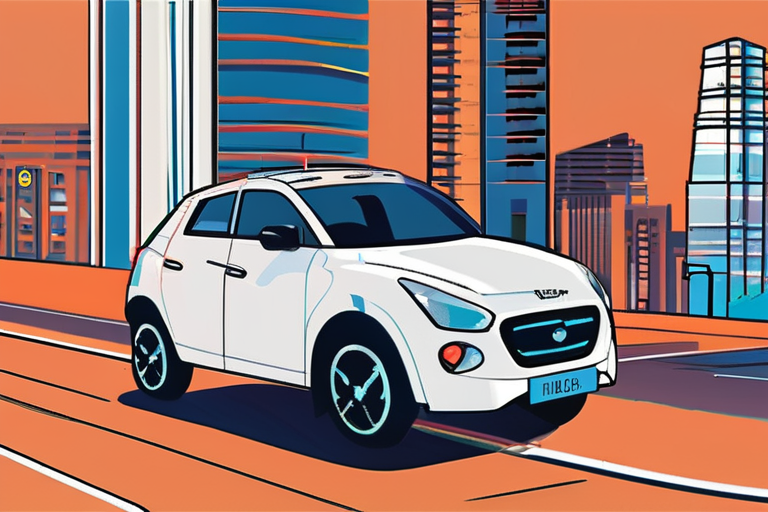
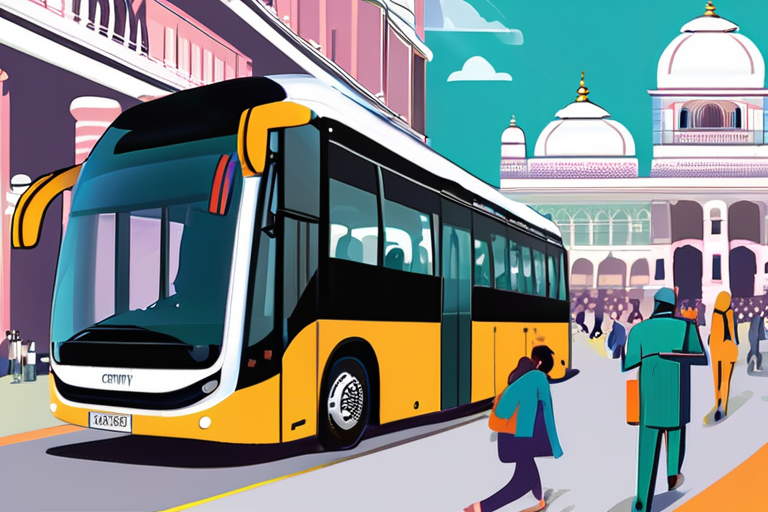


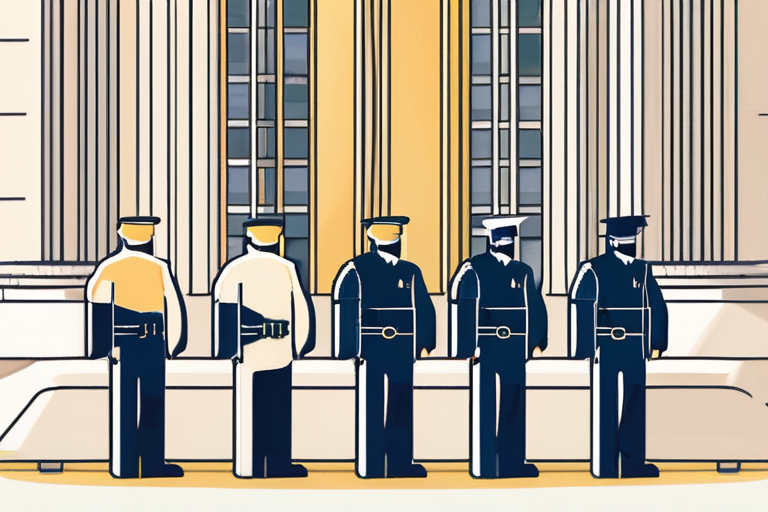

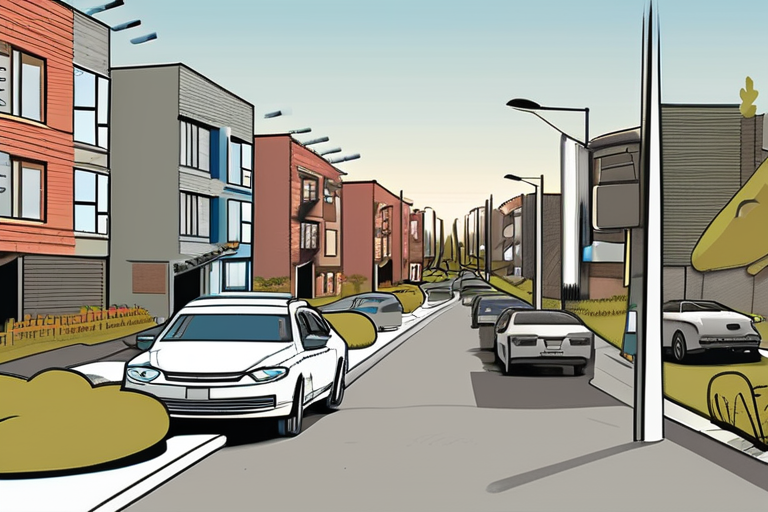
Share & Engage Share
Share this article